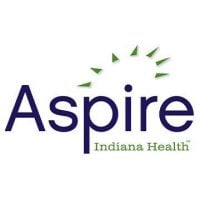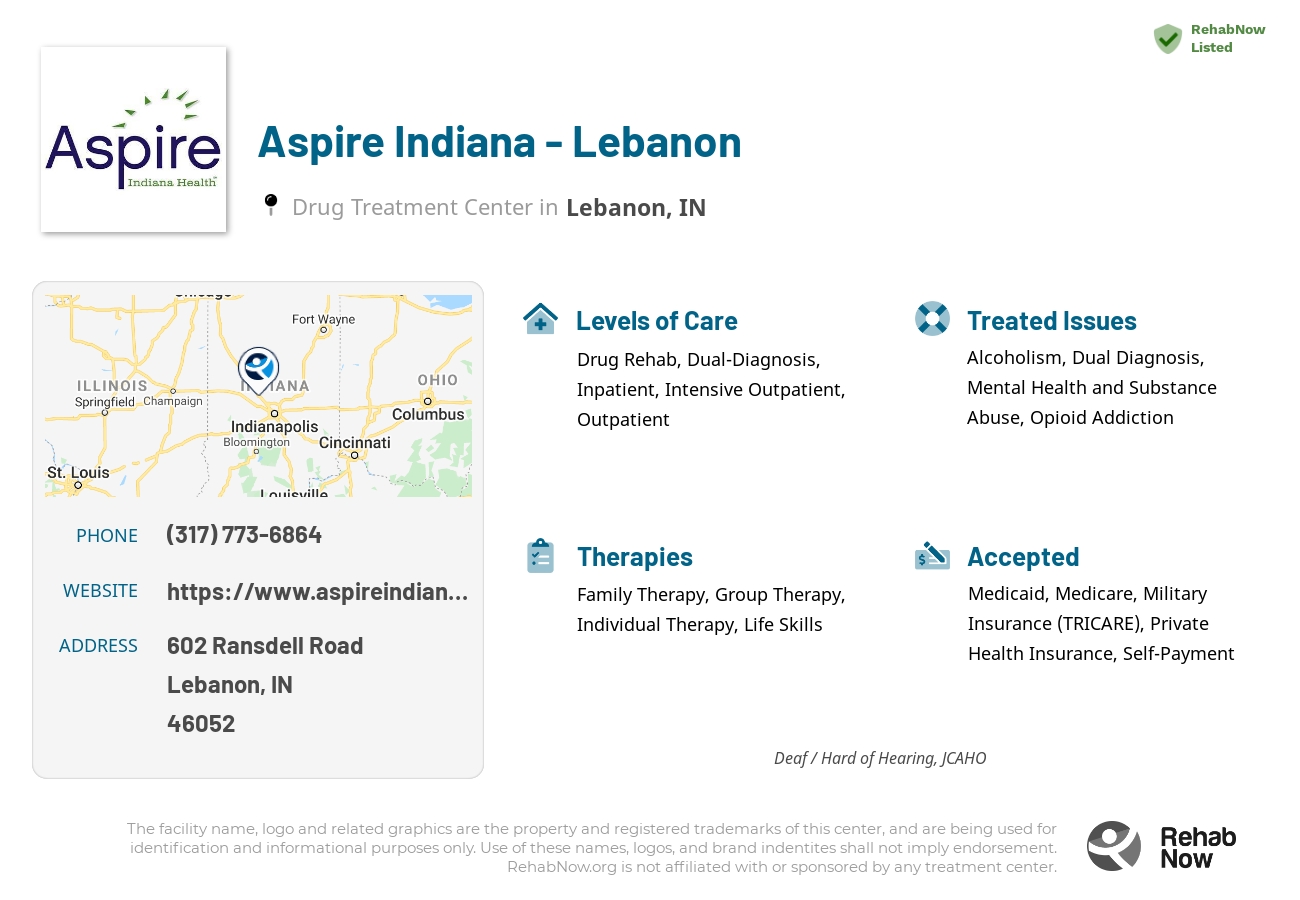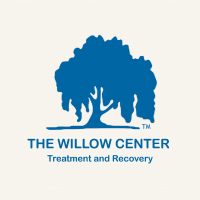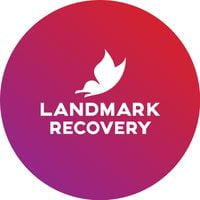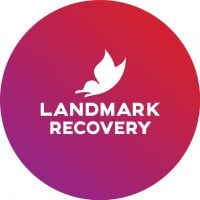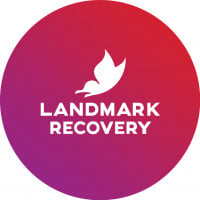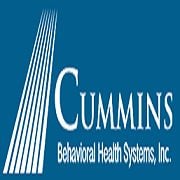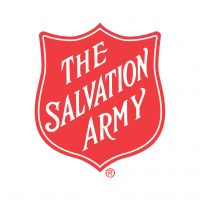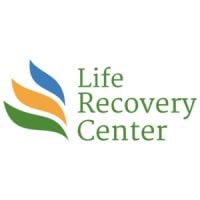Aspire Indiana - Lebanon
Drug Rehab Center in Lebanon, Indiana
Aspire Indiana - Lebanon is a state-accredited addiction treatment center offering evidence-based, gender-specific treatment, inpatient and outpatient programs, and multidisciplinary approaches for substance abuse addictions such as alcohol, opioids, marijuana, cocaine, and other substances.
About Aspire Indiana - Lebanon in Indiana
Aspire Indiana - Lebanon is an addiction treatment facility located in Lebanon, Indiana. It is the first branch of the Aspire Indiana organization, which was established in 2005 and now provides services to residents throughout the state. Aspire Indiana - Lebanon offers evidence-based, gender-specific treatment, with both inpatient and outpatient programs in order to meet the individual needs of every person they serve. They use multidisciplinary approaches to addiction recovery, such as individual and group therapy as well as holistic methods, in order to provide people with the best treatment available.
With Aspire Indiana - Lebanon, individuals can find help in overcoming substance abuse addictions such as alcohol, opioids, marijuana, cocaine, and other substances. Aspire Indiana - Lebanon works with their patients to evaluate the underlying mental health issues that can contribute to addiction, and provides individualized and holistic care to help people on their way to recovery. They also offer medically assisted treatment (MAT) for those who require more intense support, as well as relapse prevention services, to help prevent future drug use.
Aspire Indiana - Lebanon is accredited by the Commission on Accreditation of Rehabilitation Facilities (CARF), is part of the National Association of Addiction Treatment Providers (NAATP), and is certified by the Indiana Division of Mental Health & Addiction (DMHA). They are dedicated to providing the highest possible quality of care for all of their patients, and have received numerous awards for their excellent customer service and commitment to compassionate addiction treatment.
Genders
Ages
Modality
Additional
Accreditations

JCAHO
Conditions and Issues Treated
Opioids are a group of drugs that include substances such as heroin, morphine, and oxycodone. These drugs activate opioid receptors in the brain, which produce pleasurable feelings. Opioid addiction occurs when drugs are abused at increasing rates or increasing amounts because the body becomes tolerant of them.
Opioid addiction is typically diagnosed when drug abuse becomes a typical behavior that interferes with an individual’s ability to function daily. The use of the substance results in consequences like legal problems.
Treatment for opioid addiction varies depending on each individual’s needs. Some treatments focus on replacing opioids with other drugs that have similar effects of reducing withdrawal symptoms. Other treatments aim to reduce the risk of relapse by providing psychological support or using more natural methods.
A drug rehab center that uses Dual Diagnosis is more likely to be successful in rehabilitating a person. Dual diagnosis helps to identify and treat any co-occurring disorders. It is essential to screen for both addiction and any untreated mental health issues. A dual diagnosis gives rehab the means to treat addiction while restoring mental and emotional health.
About 70% of patients with drug addiction have at least one other psychiatric diagnosis. Fortunately, dual diagnosis treatment is a proven model that has been highly effective.
Levels of Care Offered
This center offers a variety of custom treatment tailored to individual recovery. Currently available are Drug Rehab, Dual-Diagnosis, Inpatient, Intensive Outpatient, Outpatient, with additional therapies available as listed below.
Inpatient rehab means you live there while your addiction or co-occurring disorder is treated. Prescribed medications are used along with counseling.
This type of rehabilitation provides a drug-free environment for people who struggle with chronic/long-term addiction (or their own home). Jobs or school can be put on hold until after the stay to focus solely on recovery.
An intensive outpatient program is usually the first phase of addiction treatment. It provides relief for those addicted, but not ready to commit to an inpatient setting. IOPs consist of a daily 3 to 5-hour program, and there is a required number of hours per week. The goal here is to teach patients healthy coping skills, such as stress management.
Outpatient programs offer a lower intensity level of addiction treatment than inpatient facilities. They are ideal for those who have graduated from inpatient facilities, have a supportive home environment, and are motivated to commit to the program. Services offered include medication-assisted treatment, individual and group therapy, and peer group support.
This treatment is a popular option for those suffering from a lower intensity addiction. It is not advisable for someone who needs to go through a medically supervised detox or does not have a supportive home environment. It requires motivation and dedication to commit to the program without constant monitoring.
Therapies & Programs
During individual therapy at Aspire Indiana - Lebanon in , the person in recovery meets with a therapist one on one to go over their situation and learn from past mistakes. The counselor or therapist will use this time to address the causes of addiction, triggers, and any mental issue or dual diagnosis. They will also address aftercare plans, giving them the best chances of long-term sobriety.
This therapeutic process is very intense and challenging to go through. Some clients may find it easier to open up with someone apart from their family or loved ones who understand their struggles and experience with addiction.
Family therapy is designed to help addicts get clean and sober by using what they love the most; their family. Most drug treatment centers make it mandatory that the addict’s family attend therapy sessions, which is great because having everyone there to support them makes it much easier for them to get clean. Not only are they surrounded by people who want them to get better, but everyone is there because they want the best for them, not because they feel like they have to be.
Drug addicts are often surrounded by resentful or uneducated family members who would, at times, rather see them stay addicted because it makes their own lives easier. Sometimes they don’t understand what the addiction is or how they play a part in it. They know that during and after the addict’s sobriety journey, they will face challenges and changes that they aren’t sure how to handle. This can be very tough for an addict to go through on their own, which is why it’s so important that they have the support of their family. Just because someone is an addict does not mean that they don’t deserve the love and support of those around them.
Addicts in Lebanon, IN can find support in group therapy at Aspire Indiana - Lebanon by finding peers who understand their situation and being held accountable. They also learn to develop faith, understanding, and insight into their addiction through shared conversations.
Group Therapy is employed by drug treatment centers to provide the recovering addict with a platform to talk about their feelings and experiences. It also provides for an opportunity to learn from other addicts who have successfully overcome their addiction. It is recommended that all group members be recovering addicts for this type of therapy to work.
Cognitive Behavioral Therapy (CBT) helps addicts comprehend the causes of their substance abuse and the consequences that follow. The treatment’s goal is to help addicts gain self-control and maintain abstinence from drugs and alcohol over the long term. Through CBT, clients learn to recognize and avoid high-risk situations and cope with challenging situations when they arise.
Many people who struggle with addiction in Lebanon, Indiana also have trouble managing their daily responsibilities after treatment. With this type of therapy, addicts are taught how to manage their time, attain specific goals, and take care of all facets of their lives without the influence of drugs or alcohol.
During these sessions, therapists will work with addicts to identify personal values and goals. They will then help addicts set goals for achieving those values and standards. In the process, therapists help addicts develop strategies for fulfilling their goals and successfully managing their responsibilities.
In many cases, this type of therapy is used in conjunction with other types of addiction treatment services to address specific issues that affect a recovering addict’s ability to stay sober.
Payment Options Accepted
For specific insurance or payment methods please contact us.
Is your insurance accepted?
Ask an expert, call (888) 674-0062
Aspire Indiana Health Associated Centers
Discover treatment facilities under the same provider.
- Aspire Indiana Health - Mockingbird Hill Recovery Center in Anderson, IN
- Aspire Indiana Health - Lebanon Health Center in Lebanon, IN
- Aspire Indiana Health - Noblesville in Noblesville, IN
- Aspire Indiana Health - Dehaven Health Center in Anderson, IN
- Aspire Indiana Health - Elwood Health Center in Elwood, IN
Learn More About Aspire Indiana Health Centers
Additional Details
Specifics, location, and helpful extra information.
Lebanon, Indiana 46052 Phone Number(317) 773-6864 Meta DetailsUpdated November 25, 2023
Staff Verified
Aspire Indiana - Lebanon Patient Reviews
There are no reviews yet. Be the first one to write one.
Lebanon, Indiana Addiction Information
The state of Indiana ranks 14th in the nation for drug abuse, but 17th for drug overdoses. The state has many high-quality rehabilitation centers, but reports show that there are about 20 deaths per 100,000 people. This is due to its location making it a drug trafficking haven, where many drugs are further distributed into the country.
In 2017, there were 24 overdose deaths in Lebanon, Indiana. 9.4% of high school students in Lebanon reported using an illicit drug. 18.8% reported binge drinking within the past two weeks. The effects of drug addiction and abuse can be devastating. From 2012 to 2016, the number of opioid-related emergency visits increased by 149%. Many sober living options are available in Lebanon for those who need to live in a sober environment.
Treatment in Nearby Cities
- Franklin, IN (45.1 mi.)
- Nashville, IN (59.1 mi.)
- Greensburg, IN (72.2 mi.)
- Plymouth, IN (90.5 mi.)
- Clinton, IN (55.4 mi.)
Centers near Aspire Indiana - Lebanon
The facility name, logo and brand are the property and registered trademarks of Aspire Indiana - Lebanon, and are being used for identification and informational purposes only. Use of these names, logos and brands shall not imply endorsement. RehabNow.org is not affiliated with or sponsored by Aspire Indiana - Lebanon.
